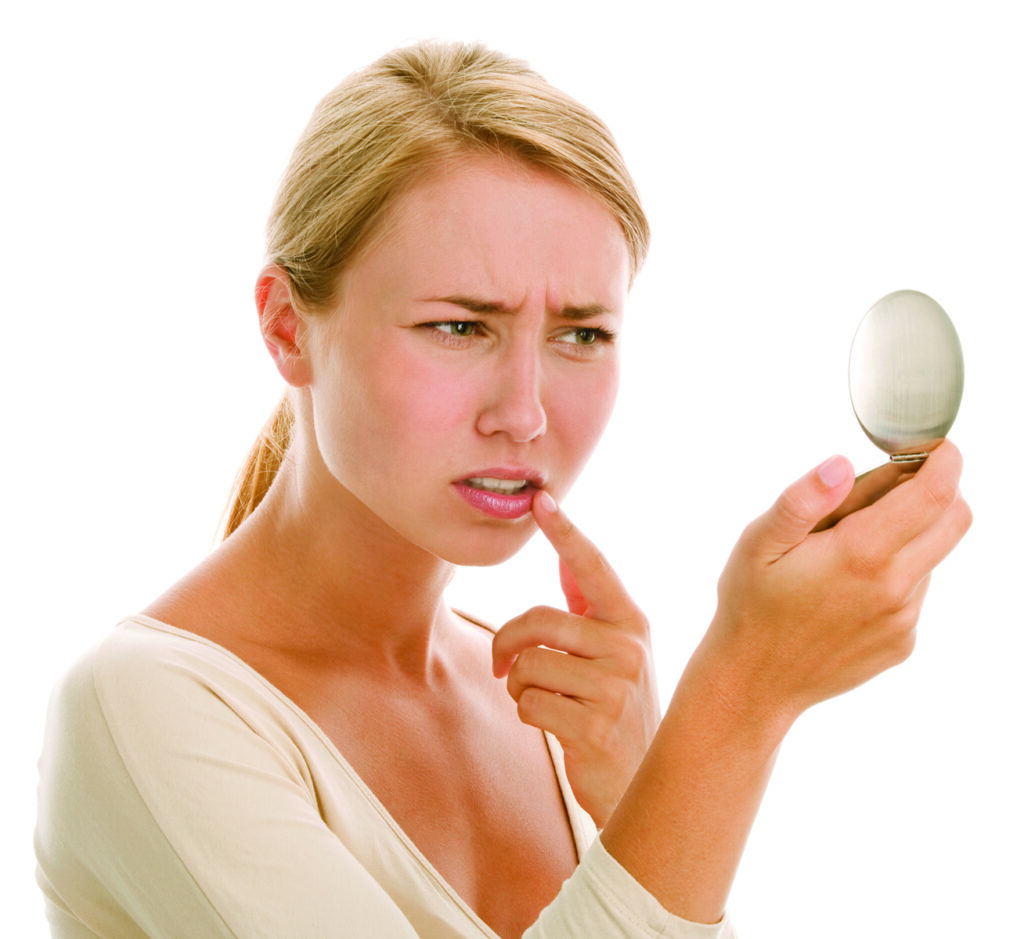Acne. By definition it is a condition, but by experience it is one of the most frustrating skin problems to those afflicted. Dr. William Roth is a board-certified dermatologist and spokesperson for Watson Clinic in Lakeland and a Polk County Medical Association member. Central Florida Health News asks him about acne, its causes, and what the methods and treatments are to help get your face in the clear.
Central Florida Health News (CFHN): Is acne a problem only for adolescents? What kind of role do hormones play?
Dr. William Roth: Hormones play a primary role in the formation of acne. That’s why acne is primarily a problem for adolescents. It also can affect many adult females, particularly until the menopause stage. Men, on the other hand, rarely have acne after the age of 21.
CFHN: Have emotions been connected with acne? (lack of self confidence, peer pressure, shyness?)
Dr. Roth: Stress-related hormones can certainly aggravate acne. The presence of acne also can produce tremendous feelings of stress, inspire a poor body image and interrupt the psychosocial development of adolescents. This is one of the most important reasons why acne should be treated.
CFHN:What steps can a person take to prevent acne? Can this minimize its effects as well?
Dr. Roth: Face washing is a crucial step in acne prevention. When you’re washing your face, you should avoid rubbing or scrubbing, and the use of washcloths. You should wash your face gently with your fingertips, or even by splashing the water on your face. You should avoid products that cause acne; this includes greasy creams, moisturizers, and oil-based products that clog the pores.
CFHN: How important is diet in the treatment of acne?
Dr. Roth: Diet is actually of minimal importance. The much-discussed role of certain foods and drinks— such as chocolate and soda— in the promotion of acne is a myth.
CFHN: Can you recommend any other self-help strategies?
Dr. Roth: Certain over-the-counter products can be helpful, especially those containing benzoyl peroxide or retinol.
CFHN: Is it ever okay to squeeze a pimple?
Dr. Roth: Absolutely not. When you squeeze a pimple, it increases the inflammation in your skin, may rupture a small abscess and/or cause a larger lesion by spreading it further into the tissues.
CFHN: Can you recommend any solutions for the pimple that appears the day of the prom or an important job interview? Is cover-up makeup helpful, or will it make acne worse?
Dr. Roth: Individual pimples can be injected with a mild steroid solution by a trained dermatologist. This injection will cause the pimple to disappear in 2 or 3 days. Makeup can be helpful in masking a pimple, as long as the make-up is non-oil based.
CFHN: Can acne be confused with any other skin conditions? Is it important to get a diagnosis?
Dr. Roth: Acne can be confused with other skin conditions, including rosacea (a disorder afflicting adults) and perioral dermatitis (an acne-like eruption across the nose and mouth affecting both adults & adolescents). If you suffer from anything other than mild acne, you should consult a dermatologist for proper evaluation, diagnosis, and treatment.
CFHN: What causes scarring? How can it be prevented? What can be done after scarring occurs?
Dr. Roth: Scarring is unusual in mild or moderate cases of inflammatory acne, unless you pick at, scratch or squeeze the lesions. Scarring is much more common in cases of cystic acne, a condition that should be treated aggressively to prevent scarring. If scars do occur, they can be treated with procedures like chemical peels, dermabrasion, ice pick scar removals, and punch excisions.
CFHN: When should someone see a dermatologist for acne?
Dr. Roth: You should consult a dermatologist if you suffer from anything other than mild, occasional acne.
CFHN: What treatments are available by prescription?
Dr. Roth: Your dermatologist may prescribe topical antibiotics, systemic antibiotics, oral antibiotics, retinoid products, and creams consisting of antibiotic and benzoyl peroxide combinations.
CFHN: Are antibiotics advisable to treat acne?
Dr. Roth: Yes, antibiotics are a treatment mainstay, especially those in the tetracycline class. This type of antibiotic is preferred because it concentrates in the hair and oil gland follicles.
CFHN: Are there any new acne treatments?
Dr. Roth: There are several new acne treatments that are currently being employed, including blue light and red light therapy (the light kills the bacteria that play a major role in the formation of acne), as well as chemical peels and microdermabrasion (both of which work by opening clogged pores).
